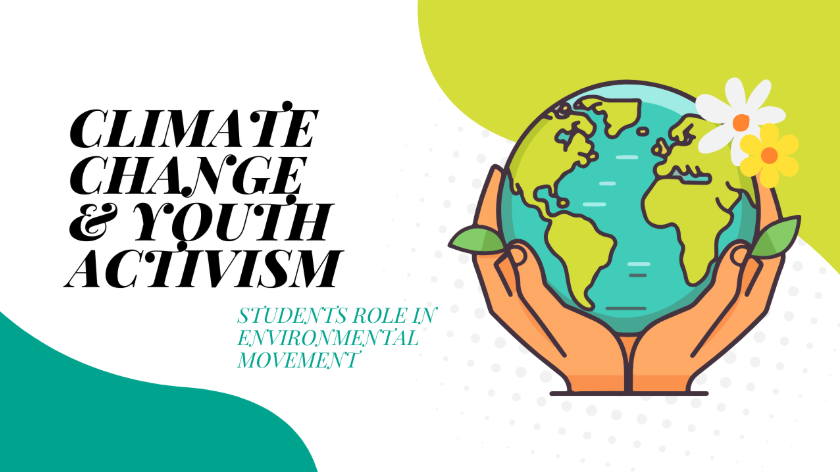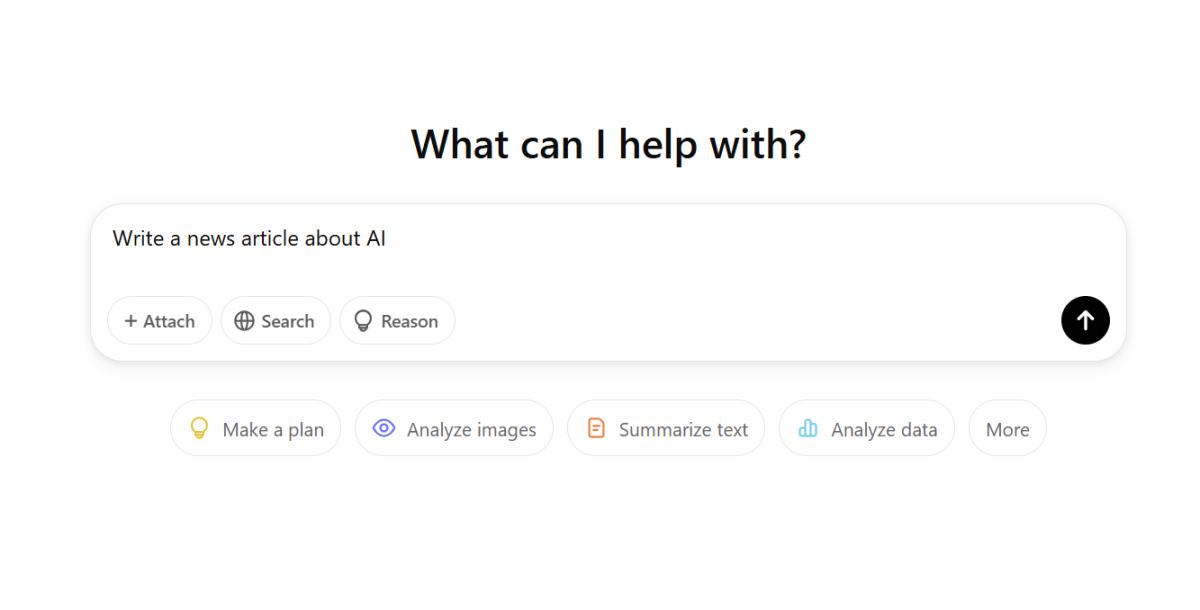“Climate change is no longer a distant problem; it is a reality we are facing now.” – Greta Thunberg
As the planet faces rising temperatures, extreme weather events, and ecosystem collapse, youth have emerged as the driving force behind the climate movement. Young people, aware they will inherit the consequences of today’s environmental policies, are pushing for urgent, bold action to protect the planet. This growing activism, ignited by figures like Greta Thunberg, has led millions of students worldwide to demand real change, including carbon reduction, renewable energy investment, and corporate accountability.
Youth activists are not only calling for environmental change but are also highlighting the interconnectedness of climate justice with social and racial equity. Figures such as Malala Yousafzai, Alexandria Villaseñor, and Xiye Bastida emphasize that climate change disproportionately affects marginalized communities, particularly in the Global South. Their work reflects a broader movement focused on environmental sustainability, economic fairness, and human rights.
The rise of student activism can be traced to grassroots movements like “Fridays for Future,” where students skip school to protest and demand action. Social media plays a key role in amplifying these voices, allowing young people to organize globally and educate others on climate science. Their calls for radical transformation are challenging governments and industries to adopt comprehensive, long-term climate strategies rather than piecemeal solutions.
Youth-led movements are reshaping the narrative around climate change, positioning younger generations as the true stewards of the planet’s future. While older generations may be more invested in maintaining the status quo, young activists advocate for the systemic changes necessary to avert environmental collapse. Their growing influence can be seen in international forums like the United Nations, where they’ve brought the climate crisis to the forefront of global discussions.
Despite facing significant challenges, including political resistance and corporate interests, youth activists have made significant strides. They’ve pressured governments to adopt more ambitious policies and have even run for office themselves, bringing climate action into legislative chambers. However, with the clock ticking, the need for urgent, coordinated action is greater than ever.
Youth activism in climate change isn’t just about protest—it’s about offering solutions. From promoting renewable technologies to advocating for sustainable agriculture, young people are providing innovative ideas that challenge conventional practices. They’re also spearheading local initiatives, such as urban farming and recycling, to reduce the human impact on the environment.
In the fight for the planet’s future, young people have proven that they are not just the leaders of tomorrow—they are the leaders of today. Their activism highlights the necessity for intergenerational collaboration, as well as the understanding that climate action is both a moral and practical imperative. As they continue to push for transformative change, youth remind us that the future of the Earth is in all of our hands. The ultimate challenge remains: can we act quickly enough to preserve a livable planet for future generations?








